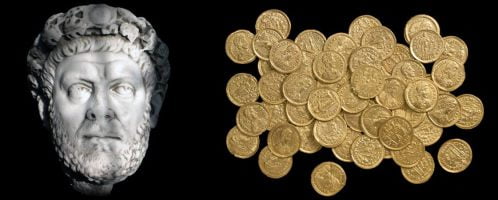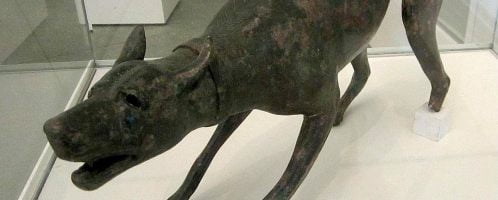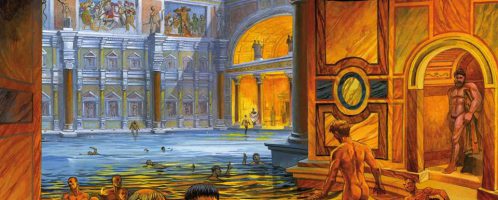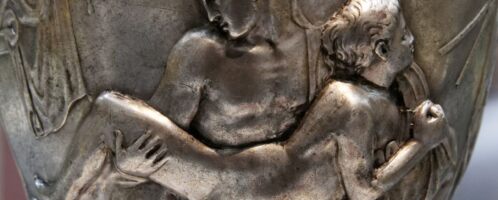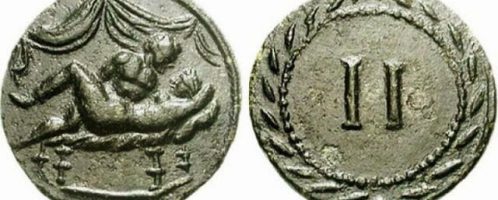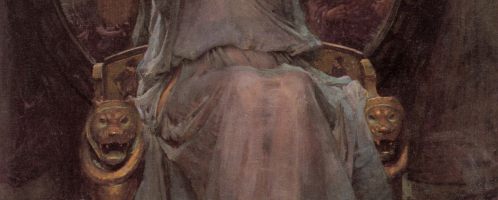Edict of Diocletian on Maximum Prices from 301 CE
The Edict of Diocletian on Maximum Prices from 301 CE, known as Edictum Diocletiani et Collegarum de Pretiis Rerum Venalium, was intended to combat the progressive inflation in the Roman Empire by setting maximum prices on more than 1,400 products, slaves or services. The edict has survived to our times partly due to fragments of inscriptions (in Greek and Latin) on stone slabs found mainly in the eastern territories of the Empire, in 42 places.

